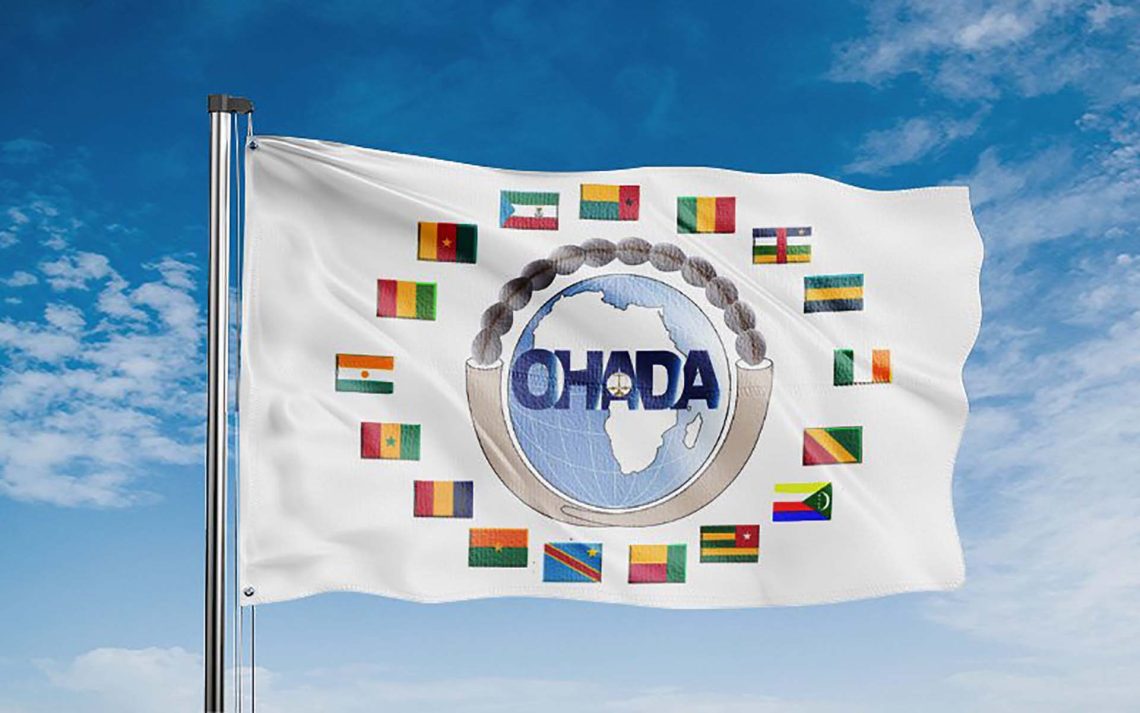
March 22, 2023 will mark the 20th anniversary of the adoption of OHADA Uniform Act relating to contracts for the carriage of goods by road: an opportunity to address the issue again.
It should be noted that corporate law in the OHADA area – which includes 17 countries of West and Central Africa – is regulated by a set of uniform rules. These regulations are contained in ten “Uniform Acts” which regulate the various aspects of the company activity.
Among them, the Uniform Act relating to the contract for the carriage of goods by road, adopted on the 22 March 2003 (hereinafter referred to as the “Uniform Act”), largely inspired by the Convention of Geneva of 19 May 1956 on the contract for the international carriage of goods by road (hereinafter referred to as the “Convention CMR”), entered into force on 1 January 2004.
The corporate law was hitherto governed by the national legislation of the Member States and several inter-African conventions. In accordance with the OHADA vocation, the Uniform Act had the credit of identifying common rules among the Member States, while achieving a greater legal certainty.
The Uniform Act is of crucial importance since it applies, subject to exceptions, “to every contract for the carriage of goods by road, when the place of taking over of the goods and the place designated for delivery, as specified in the contract, are either situated in the territory of an OHADA State Party or on the territory of two different States, of which at least one is an OHADA Member (…) [and] irrespective of the place of residence and nationality of the parties to the contract of carriage” (Article 1, paragraph 1).
The text regulates all aspects of transport operations:
-
- conclusion of the contract of carriage and drafting of the relevant documents (Articles from 3 to 6);
- performance of the contract (Articles from 7 to 15);
- carrier liability (Articles from 16 to 23) and
- litigation (Articles from 24 to 27).
Similarly, as for the provisions of the Convention CMR, most of the rules of the Uniform Act are mandatory: “any stipulation which would directly or indirectly derogate from the provisions of this Uniform Act shall be null and void” (Article 28, paragraph 1).
Among the aspects left to the contractual autonomy of the parties, the ways of dispute resolution should be mentioned. The parties may resort to arbitration (Article 26) or, for inter-States transport operations governed by the Uniform Act, decide to submit disputes before the competent jurisdiction pursuant to the criteria set forth by Article 27 paragraph 1.
In addition to the typical issues related to the corporate law, the Uniform Act raises further issues peculiar to the OHADA area: primacy of the Uniform Act over domestic law, coordination of the Uniform Act with international texts (CMR Convention, Inter-States Conventions on the carriage of miscellaneous goods by road applicable to the Member States of the Central African Economic and Monetary Community, etc.).
Desk Africa – Zunarelli Law Firm
